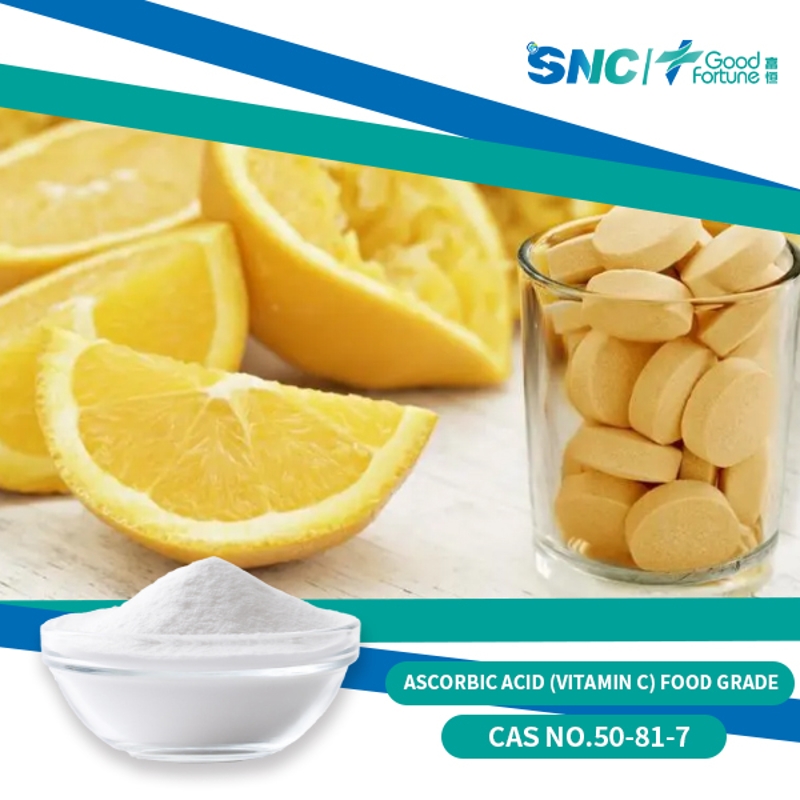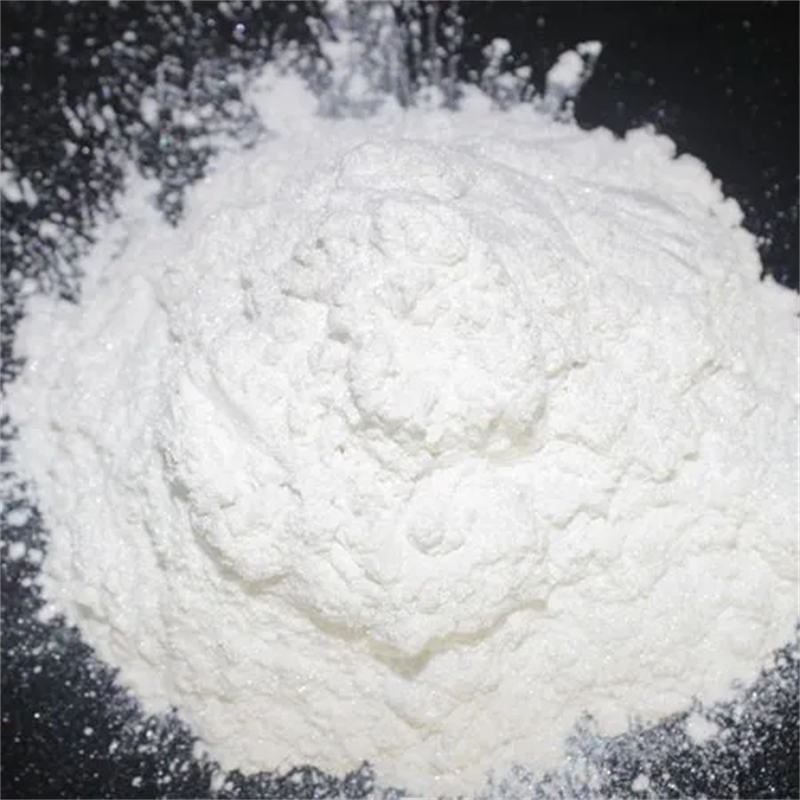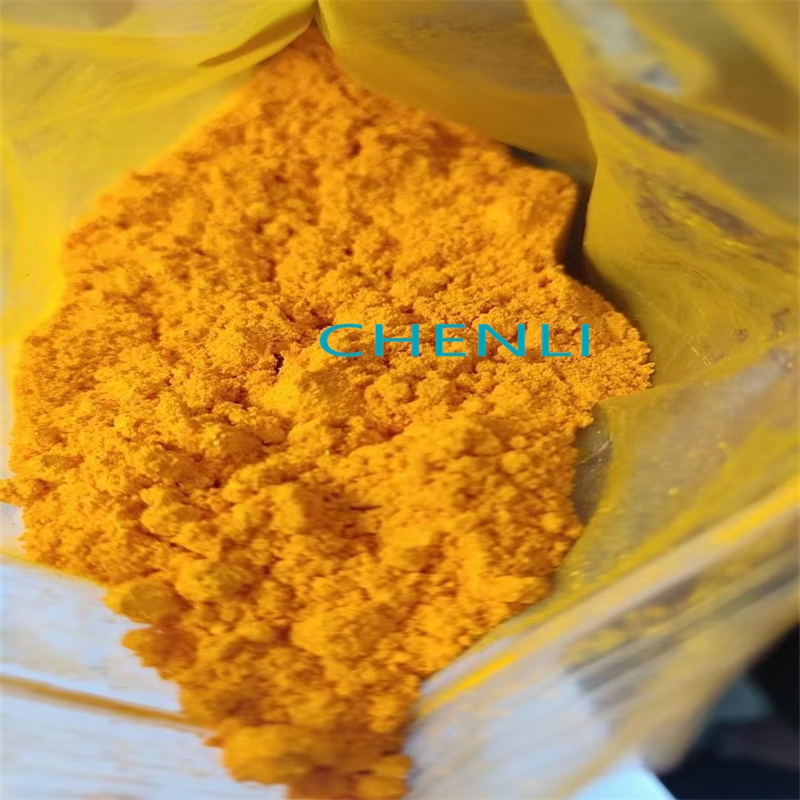-
Categories
-
Pharmaceutical Intermediates
-
Active Pharmaceutical Ingredients
-
Food Additives
- Industrial Coatings
- Agrochemicals
- Dyes and Pigments
- Surfactant
- Flavors and Fragrances
- Chemical Reagents
- Catalyst and Auxiliary
- Natural Products
- Inorganic Chemistry
-
Organic Chemistry
-
Biochemical Engineering
- Analytical Chemistry
-
Cosmetic Ingredient
- Water Treatment Chemical
-
Pharmaceutical Intermediates
Promotion
ECHEMI Mall
Wholesale
Weekly Price
Exhibition
News
-
Trade Service
Alfacalcidol is a form of vitamin D that is commonly used in the chemical industry.
It is a white, odorless, and tasteless powder that is often used as a catalyst in various chemical reactions.
In this article, we will explore the different applications of alfacalcidol in the chemical industry.
One of the most common applications of alfacalcidol is as a catalyst in the production of polyethylene terephthalate (PET).
PET is a type of plastic that is commonly used in the production of bottles, containers, and other packaging materials.
The use of alfacalcidol as a catalyst in the production of PET helps to increase the efficiency of the reaction and produce higher quality materials.
Another application of alfacalcidol is in the production of detergents.
It is commonly used as a catalyst in the production of linear alkylbenzene sulfonates (LAS), which are a type of detergent that is used in laundry and cleaning products.
The use of alfacalcidol in this process helps to improve the efficiency of the reaction and produce higher yields of LAS.
Alfacalcidol is also used in the production of polycarbonate.
Polycarbonate is a type of plastic that is commonly used in the production of electrical components, such as connectors and switches.
The use of alfacalcidol as a catalyst in the production of polycarbonate helps to improve the efficiency of the reaction and produce higher quality materials.
In addition to its use in the production of various plastics and detergents, alfacalcidol is also used as a catalyst in the production of a variety of other chemicals.
For example, it is commonly used in the production of ethylene oxide, which is used in the production of surfactants and other chemicals.
It is also used in the production of glycolic acid, which is used in the production of a variety of personal care products and pharmaceuticals.
One of the main advantages of using alfacalcidol as a catalyst in chemical reactions is its ability to improve the efficiency of the reaction.
This allows for the production of higher yields of the desired chemical, which can help to reduce costs and increase profits for chemical companies.
In addition, alfacalcidol is a relatively mild catalyst, which means that it can be used in the production of a wide range of chemicals without causing unwanted side reactions.
Another advantage of using alfacalcidol in the chemical industry is its stability and lack of reactivity.
Unlike many other catalysts, alfacalcidol does not react with the reactants or products of the reaction, which means that it can be easily recycled and reused.
This helps to reduce waste and improve the sustainability of the chemical industry.
In conclusion, alfacalcidol is a versatile and effective catalyst that is commonly used in the chemical industry.
Its ability to improve the efficiency of chemical reactions, stability, and lack of reactivity make it a valuable resource for chemical companies.
Its wide range of applications in the production of various chemicals such as PET, polycarbonate, ethylene oxide and glycolic acid, make it a valuable resource for chemical companies.
It is expected that alfacalcidol will continue to play an important role in the chemical industry in the future.







